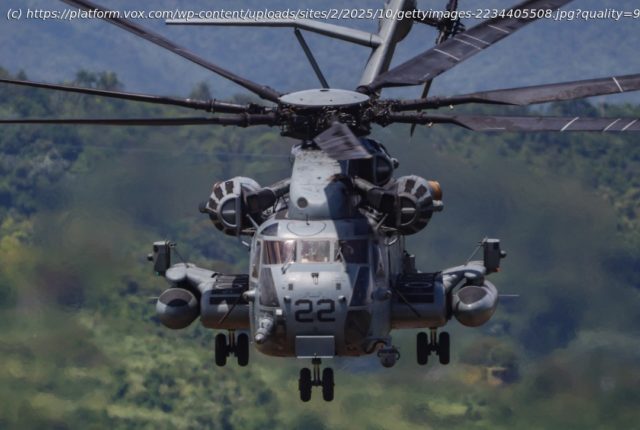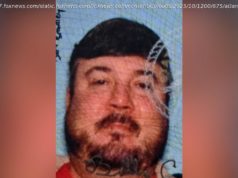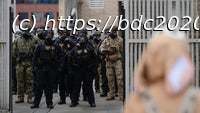Airstrikes, bounties, a military build-up: This could be about drugs — or it could be the start of regime change.
The US is up to something in Venezuela. But what exactly?
Since early September, the US military has carried out at least five lethal strikes on civilian boats in the Caribbean, alleged by the Trump administration to be piloted by members of Venezuelan drug cartels that the US government has designated as terrorist organizations. Twenty-seven people have been reported killed in these strikes. President Donald Trump has informed Congress that he has determined the US is now in a state of armed conflict with these cartels.
The strikes come in the context of a large-scale buildup of US forces in the Caribbean, including some 10,000 troops, guided-missile destroyers, F-35 fighter jets, MQ-9 reaper drones, and a secretive vessel designed to carry special operations forces. This is more firepower than the US committed to the Battle of Midway during World War II. According to the , special operations helicopters have flown less than 90 miles from the Venezuelan coast in recent days.
This week, the New York Times reported that President Trump has authorized covert CIA operations inside Venezuela. On Wednesday, Trump acknowledged the report — making these operations not exactly “covert” anymore — and confirmed that he is considering striking targets on land in the country. On Friday, it was reported that in the most recent boat strike, there were survivors for the first time. They were taken into custody, making them the first prisoners of war of this latest conflict. Also this week, Adm. Alvin Holsey, the head of US Southern Command, who was overseeing the buildup, stepped down from his position less than a year into his tenure. The reasons are unclear, but the timing has raised eyebrows.
All of this has fueled speculation that the administration is planning a military operation to remove President Nicolas Maduro, a longtime adversary of the US, from power. Maduro himself issued that charge in a televised address on Wednesday night, saying, “No to regime change, which reminds us so much of the endless, failed wars in Afghanistan, Iraq, Libya, and so on. … No to CIA-orchestrated coups d’état.” Maduro’s government has been mobilizing troops and militias and cranking up its domestic propaganda in the face of the growing threat.
Trump didn’t confirm or deny that he was considering attempting to overthrow Maduro when speaking with reporters on Wednesday, calling it a “a ridiculous question for me to answer.” The White House reportedly rejected a proposal from Maduro under which he would step down in three years and turn over power to his vice president.
Trump’s attention to the country has also raised hopes within the Venezuelan opposition. After she was awarded the Nobel Peace Prize last week, opposition leader Maria Corina Machado dedicated the award “to President Trump for his decisive support of our cause!” Machado has said in the past that Maduro would likely only leave power “in the face of a credible, imminent and severe threat of the use of force.”
As of Friday, it appears very possible that the US military could take military action against alleged cartel targets in Venezuela within the coming days. These could include drug labs, airstrips used for cocaine shipments, or camps of the armed groups backed by the regime.
It’s also at least plausible — and the White House clearly wants Maduro to think it’s plausible — that the US could target the Venezuelan regime directly, be it senior officials or Maduro himself.
On the other hand, it seems just as likely that the administration could continue its current path of blowing up boats in the Caribbean without escalating its conflict to attacks on land.
What’s going to tip the balance, to set the course Trump decides to take? And what’s the end goal of this campaign?How we got here
It’s not exactly news that the US would rather have a different government in Venezuela. Relations between Washington and Caracas have been dismal since the days of Maduro’s mentor and predecessor Hugo Chavez, who took power in 2000 and ruled until his death in office in 2013. The left-wing Bolivarian socialist regime led by Chavez and then Maduro vocally opposed US influence in Latin America; supported militant groups abroad like the Revolutionary Armed Forces of Colombia; and maintained close relations with US adversaries like Russia, Iran, and Cuba.
Over the past decade, Venezuela’s mismanaged oil-dependent economy has been in a tailspin, experiencing hyperinflation and massive unemployment.






